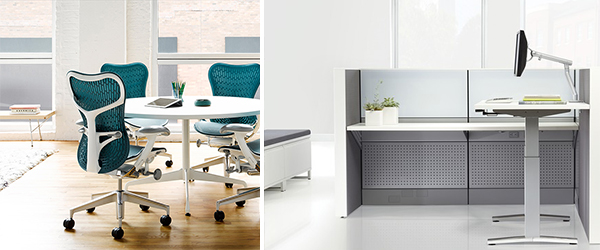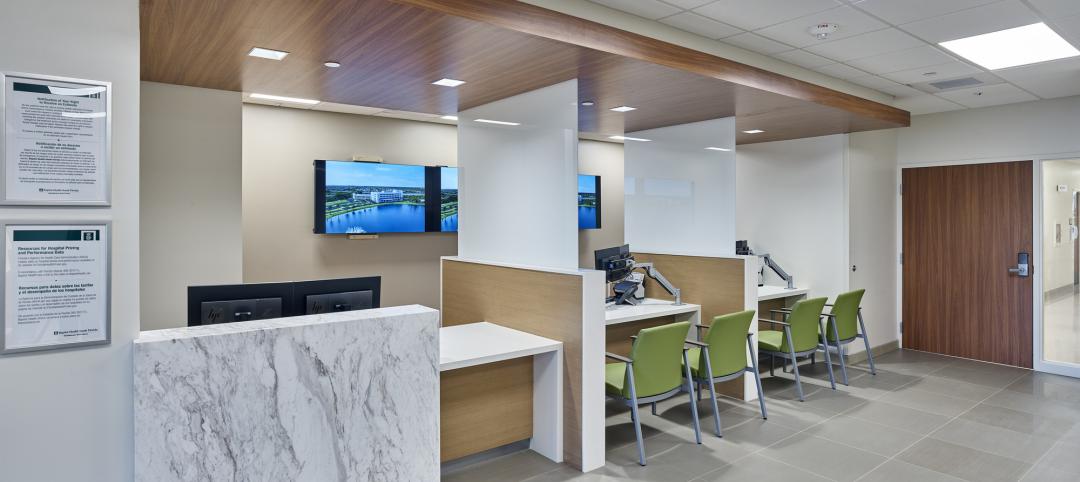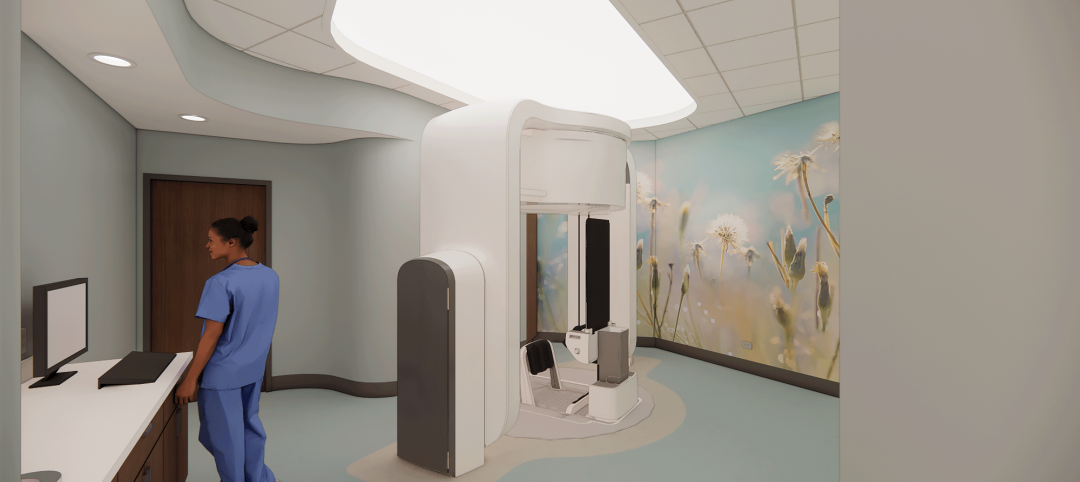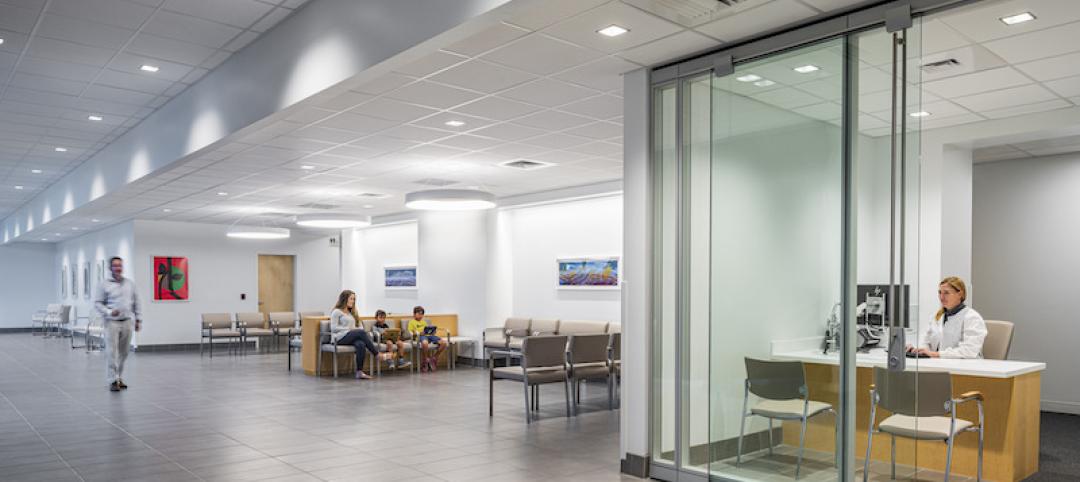Healthy. Comfortable. Technologically advanced. Vibrant.
If you don’t immediately associate these words with a call center, you’re not alone. Call centers typically bring to mind an image of crowded rows of stressed-out employees who are usually receiving calls from people with a problem or placing calls to people that aren’t thrilled to hear from them.
But the nature of the business is changing; telemarketing isn’t what it used to be. Call center agents increasingly serve as the front line of a company’s customer service force, providing technical support and other assistance through telephone, e-mail and live chat (which is why some find the term “call center” a bit limiting nowadays, instead preferring to identify as a “contact center”).
Their service is becoming more sophisticated, so businesses are looking to provide employees with an office environment that better supports success and job satisfaction.
First and foremost, companies are increasingly focused on ergonomics and wellness in their call centers. The nature of customer service is high-pressure and sedentary – a very unhealthy combination. Agents spend an above-average number of hours sitting stationary at a desk.
Read the full post at GS&P Dialogue.
 About the Author: Alyson Mandeville, IIDA, EDAC, is an interior designer in GS&P's Tampa office. She provides a variety of services for the firm's Corporate + Urban Design clients including project management, programming and space planning. She is also an active member of the International Facility Management Association's Suncoast Chapter. More on Alyson Mandeville.
About the Author: Alyson Mandeville, IIDA, EDAC, is an interior designer in GS&P's Tampa office. She provides a variety of services for the firm's Corporate + Urban Design clients including project management, programming and space planning. She is also an active member of the International Facility Management Association's Suncoast Chapter. More on Alyson Mandeville.
More from Author
Gresham Smith | Oct 16, 2024
How AI can augment the design visualization process
Blog author Tim Beecken, AIA, uses the design of an airport as a case-study for AI’s potential in design visualizations.
Gresham Smith | Aug 17, 2023
How to design for adaptive reuse: Don’t reinvent the wheel
Gresham Smith demonstrates the opportunities of adaptive reuse, specifically reusing empty big-box retail and malls, many of which sit unused or underutilized across the country.
Gresham Smith | May 24, 2023
Designing spaces that promote enrollment
Alyson Mandeville, Higher Education Practice Leader, argues that colleges and universities need to shift their business model—with the help of designers.
Gresham Smith | Apr 24, 2023
Smart savings: Commissioning for the hybrid workplace
Joe Crowe, Senior Mechanical Engineer, Gresham Smith, shares smart savings tips for facility managers and building owners of hybrid workplaces.
Gresham Smith | Mar 20, 2023
3 ways prefabrication doubles as a sustainability strategy
Corie Baker, AIA, shares three modular Gresham Smith projects that found sustainability benefits from the use of prefabrication.
Gresham Smith | Jan 19, 2023
Maximizing access for everyone: A closer look at universal design in healthcare facilities
Maria Sanchez, Interior Designer at Gresham Smith, shares how universal design bolsters empathy and equity in healthcare facilities.
Gresham Smith | Dec 20, 2022
Designing for a first-in-the-world proton therapy cancer treatment system
Gresham Smith begins designing four proton therapy vaults for a Flint, Mich., medical center.
Gresham Smith | Nov 21, 2022
An inside look at the airport industry's plan to develop a digital twin guidebook
Zoë Fisher, AIA explores how design strategies are changing the way we deliver and design projects in the post-pandemic world.
Gresham Smith | Feb 13, 2022
Helping maximize project dollars: Utility coordination 101
In this post, I take a look at the utility coordination services our Transportation group offers to our clients in an attempt to minimize delays and avoid unforeseen costs.
Gresham Smith | May 7, 2021
Private practice: Designing healthcare spaces that promote patient privacy
If a facility violates HIPAA rules, the penalty can be costly to both their reputation and wallet, with fines up to $250,000 depending on the severity.
















